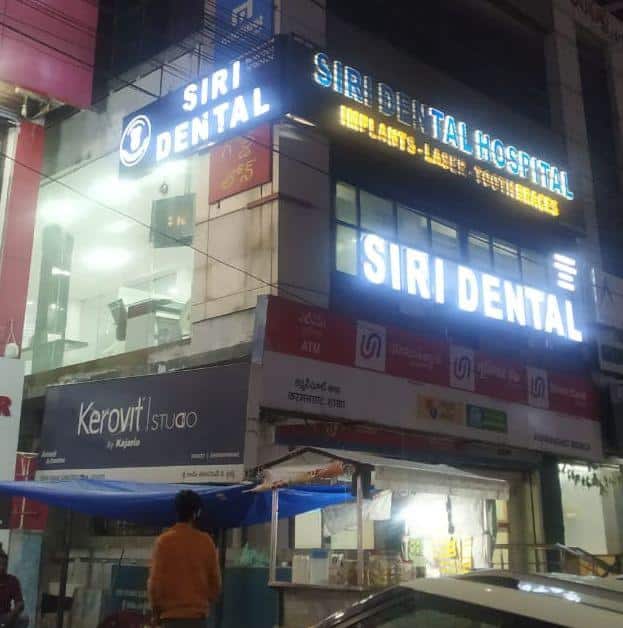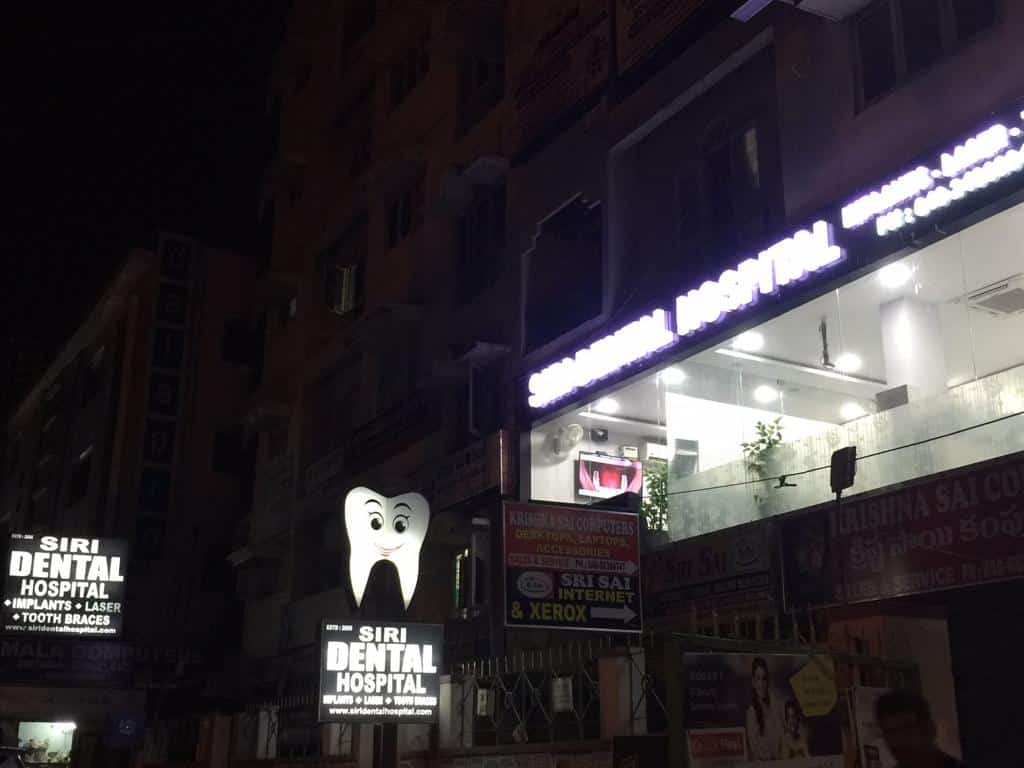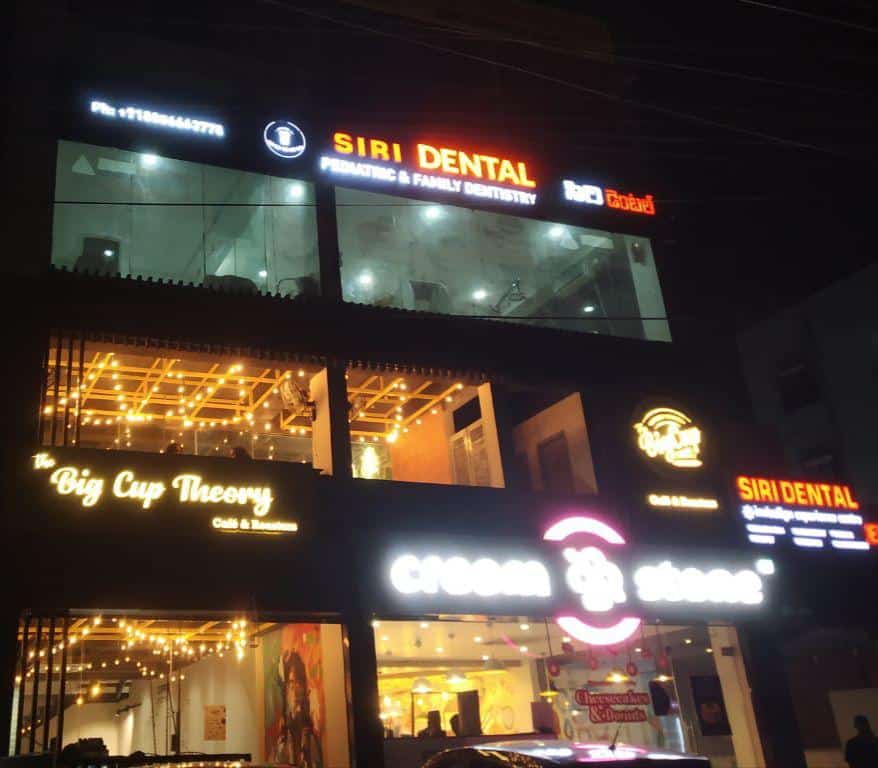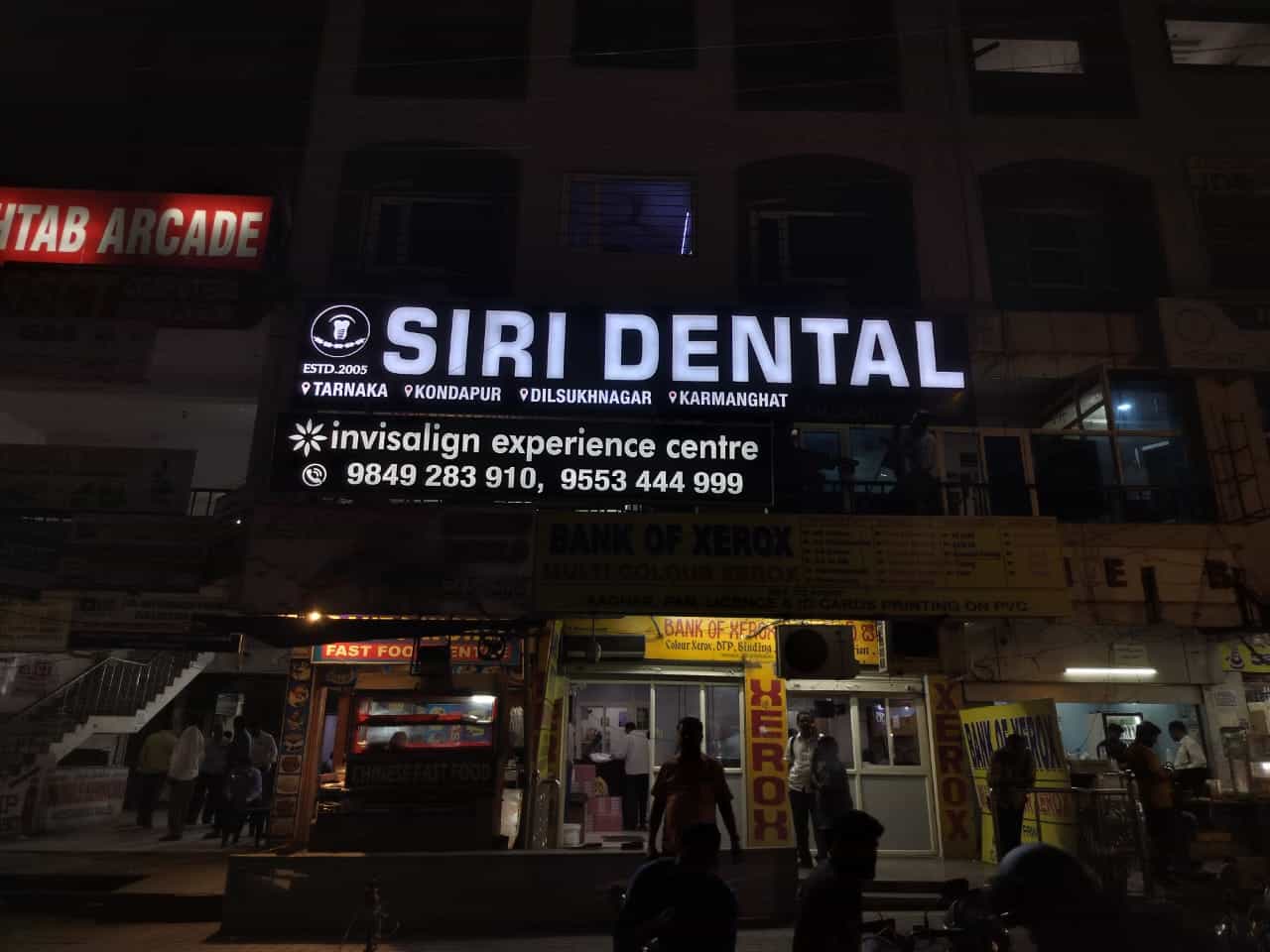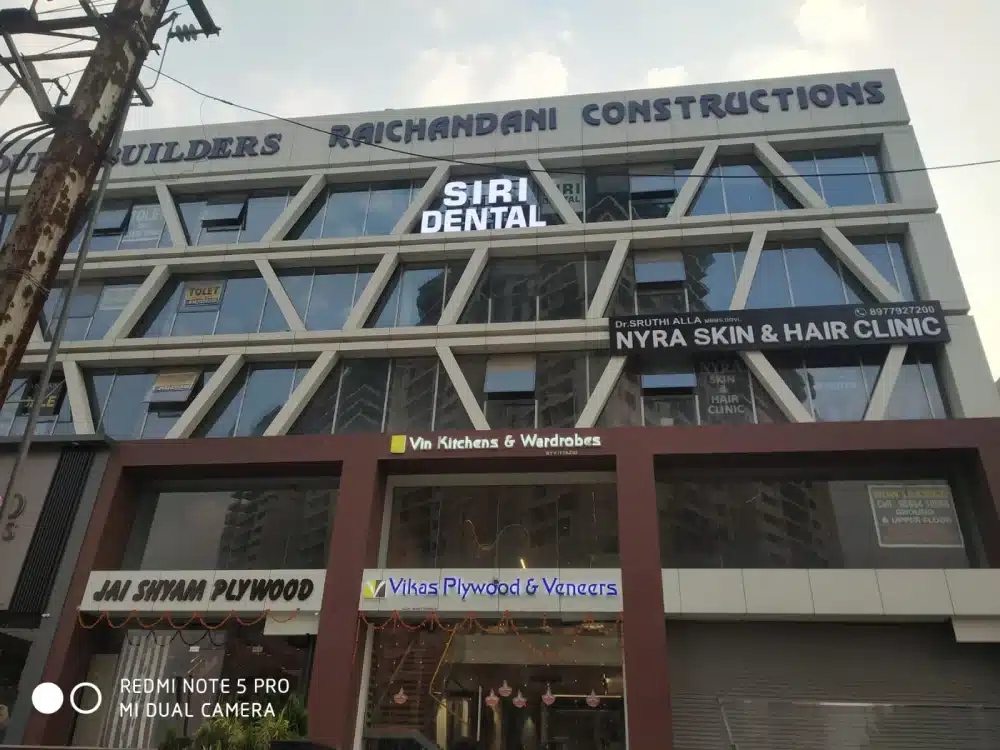JAW JOINT PROBLEMS
Your temporomandibular jointis a joint that connects your jaw to the temporal bones of your skull, which are in front of each ear. It lets you move your jaw up and down and side to side, so you can talk, chew, and yawn. Problems with your jaw and the muscles in your face that control it are known as temporomandibular disorders (TMD).
Causes :
Symptoms arise from problems with the muscles of your jaw or with the parts of the joint itself. Injury to your jaw, the joint, or the muscles of your head and neck — like from a heavy blow or whiplash — can lead to TMD.
Other causes include :
Grinding or clenching your teeth, which puts a lot of pressure on the joint Movement of the soft cushion or disc between the ball and socket of the joint Arthritis in the joint Stress, which can cause you to tighten facial and jaw muscles or clench the teeth. TMD often causes severe pain and discomfort.
- Pain or tenderness in your face, jaw joint area, neck and shoulders, and in or around the ear when you chew, speak, or open your mouthwide
- Problems when you try to open your mouth wide
- Jaws that get "stuck" or "lock" in the open- or closed-mouth position
- Clicking, popping, or grating sounds in the jaw joint when you open or close your mouth or chew. This may or may not be painful.
- Trouble chewing or a sudden uncomfortable bite -- as if the upper and lower teeth are not fitting together properly
- Swelling on the side of your face
You may also have toothaches, headaches, neck aches, dizziness, earaches, hearing problems, upper shoulder pain, and ringing in the ears (tinnitus). We at SIRI will check your jaw joints for pain or tenderness and listen for clicks, pops, or grating sounds when you move them. We will also make sure your jaw works like it should and doesn’t lock when you open or close your mouth and we will test your bite and check for problems with your facial muscles.
Treatments :
- A splint or night guard Dental treatment if required.
- Don't rest your chin on your hand.
- Don’t hold the phone between your shoulder and ear. Practice good posture to reduce neck and facial pain
- Tongue relaxation techniques to help loosen up your jaw and physical therapy or massage.
A beautiful and pain-free smile and attentive dental care is possible at SIRI DENTAL!
ALL TREATMENTS
ORTHODONTICS
Tooth Aligning (with Braces)
-
Metal BracesMetal Braces
-
Fast BracesFast Braces
-
Teeth GrindingTeeth Grinding
(Bruxism and Bruxomania)
(Bruxism and Bruxomania)
ALIGNERS TREATMENT
Tooth Aligning (without Braces)
-
INVISALIGN® (Platinum Elite Provider)INVISALIGN® (Platinum Elite Provider)
-
SIRI ALIGNERSSIRI ALIGNERS
ENDODONTICS &
CONSERVATIVE DENTISTRY
(Treatment of decayed teeth)
-
Root Canal FillingsRoot Canal Fillings
-
Dental FillingsDental Fillings
SURGICAL DENTISTRY
-
Wisdom Tooth RemovalWisdom Tooth Removal
-
Teeth ExtractionTeeth Extraction
-
ApicectomyApicectomy
-
Cyst EnucleationsCyst Enucleations
PROSTHODONTICS
-
Crowns & BridgesCrowns & Bridges
-
Implant ProsthesisImplant Prosthesis
PROSTHO FOR GERIATRIC PATIENTS
-
Complete Dentures (CD)Complete Dentures (CD)
-
Removal Partial Denture (RPD)Removal Partial Denture (RPD)
-
Implant Supported DenturesImplant Supported Dentures
-
Over Dentures (Both Tooth/Implants)Over Dentures (Both Tooth/Implants)
PEDODONTICS
-
Kids WorldKids World
-
Pulp TherapyPulp Therapy
-
Pit & Fissure SealantPit & Fissure Sealant
-
Jaw Growth ModulationJaw Growth Modulation
-
Infant Oral CareInfant Oral Care
-
Pregnancy Oral CarePregnancy Oral Care
-
RCT for KidsRCT for Kids
-
Dental Crowns for KidsDental Crowns for Kids
-
Appliance Planning at Different stagesAppliance Planning at Different stages
COSMETIC
-
Smile DesignSmile Design
-
BleachingBleaching
-
Cosmetic Composite FillingsCosmetic Composite Fillings
-
Veneers / LaminatesVeneers / Laminates
-
Dental CrownsDental Crowns
-
Tooth JewelleryTooth Jewellery
DENTAL IMPLANTS
-
Full Mouth RehabilitationFull Mouth Rehabilitation
-
Single ImplantsSingle Implants
-
Basic / Advanced ImplantsBasic / Advanced Implants
PERIODONTICS
- GUM CARE
-
ScalingScaling
-
Flap SurgeryFlap Surgery
-
Cosmetic Gum SurgeryCosmetic Gum Surgery
-
Dental curettageDental curettage
-
Laser TreatmentLaser Treatment
GENERAL DENTISTRY
-
Emergency CareEmergency Care
-
Teeth SensitivityTeeth Sensitivity
-
Jaw Joint ProblemsJaw Joint Problems
-
Special People CareSpecial People Care
-
Trauma Immediate CareTrauma Immediate Care



